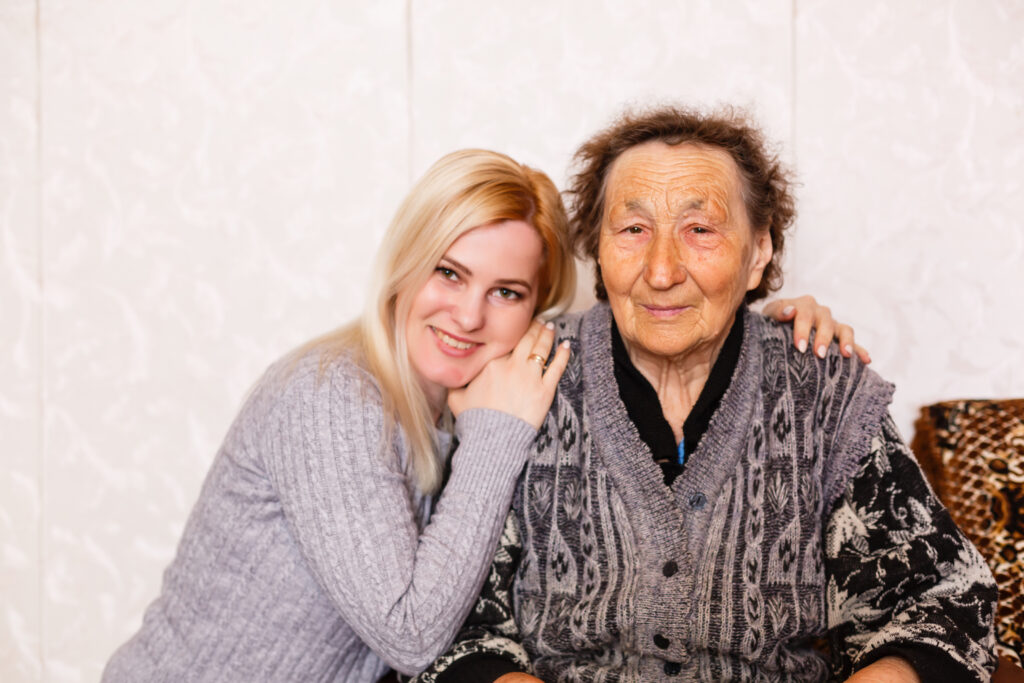Understanding End-of-Life Care and the Role of an End-of-Life Doula
The Role of an End-of-Life Doula
End-of-life care, particularly when approached from a holistic perspective, often involves a multidisciplinary approach to support the physical, emotional, and spiritual well-being of individuals facing terminal illnesses and their families. In this context, the role of an end-of-life doula becomes significant. An end-of-life doula is a trained professional who provides non-medical, holistic support to individuals and their families during the dying process. They offer emotional, spiritual, and practical assistance, helping individuals navigate their preferences for care, addressing fears and concerns, and fostering a sense of comfort and peace. End-of-life doulas work alongside medical professionals, hospice teams, and caregivers to ensure that the individual’s physical and emotional needs are met.
Holistic Modalities in End-of-Life Care
Holistic modalities in end-of-life care may include various complementary approaches to enhance the quality of life and bring comfort to those nearing the end of their lives. These modalities can encompass therapies such as massage, aromatherapy, music therapy, art therapy, and mindfulness practices. The goal is to address the whole person—mind, body, and spirit—and provide a supportive and comforting environment for both the individual and their loved ones.
Spiritual Care and Counselling in Holistic End-of-Life Care
Additionally, spiritual care, counselling, and support groups may be integral components of holistic end-of-life care. Chaplains or spiritual care providers can assist individuals in exploring their beliefs, finding meaning, and connecting with their spirituality during this significant life transition.
Emphasising Dignity and Compassion
The holistic approach in end-of-life care recognizes the unique needs and preferences of individuals, emphasising dignity, compassion, and a person-centred approach. The combination of end-of-life doulas and holistic modalities contributes to creating a supportive and peaceful environment, enhancing the overall experience for individuals and their families during this profound and challenging stage of life.
